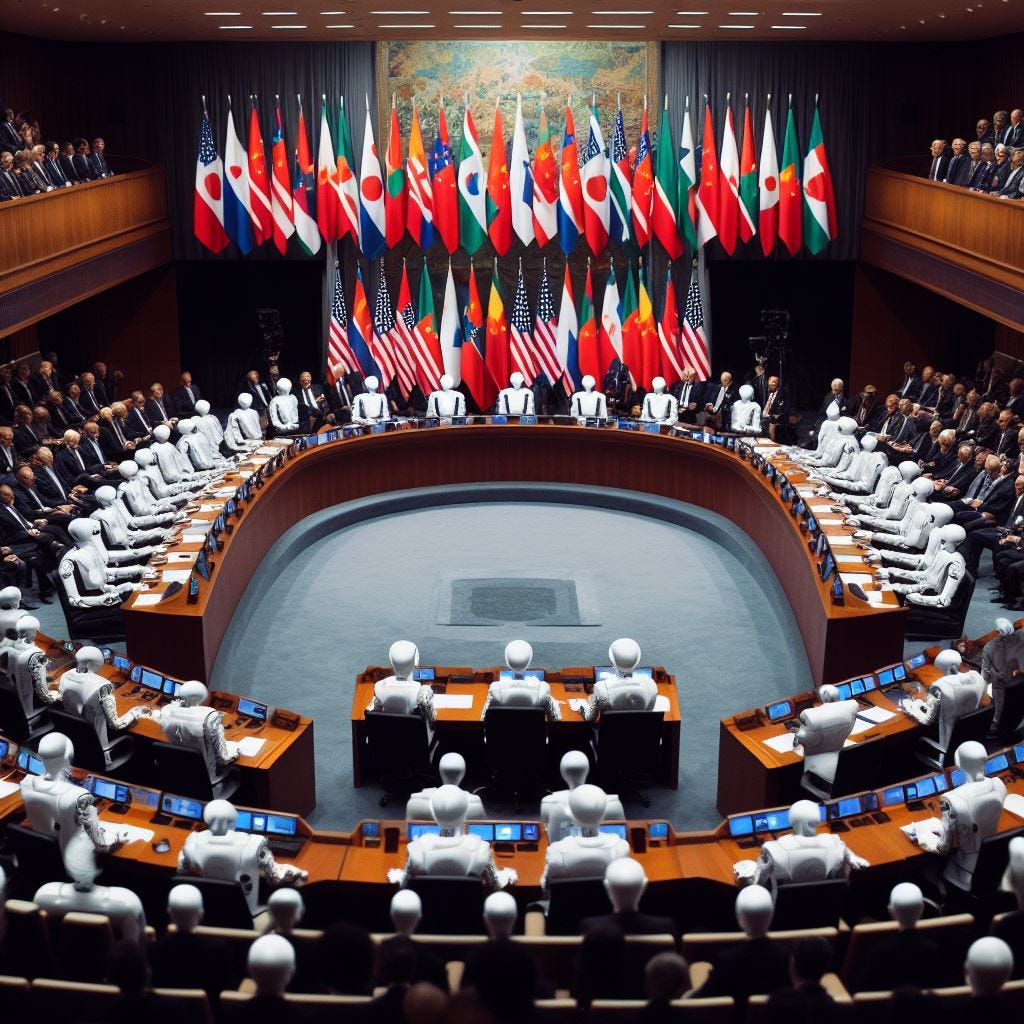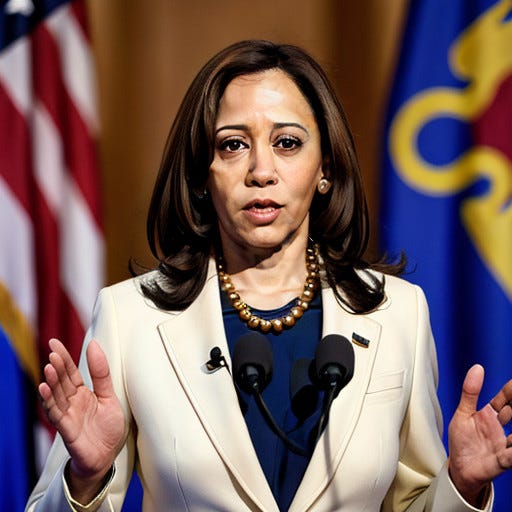World Leaders Assemble to Address Mounting Concerns Over AI Dangers
World Leaders Assemble to Tame AI Before It's Too Late
This week, an eclectic mix of politicians, tech executives, researchers, and civil society groups gathered at Bletchley Park in the UK to discuss growing apprehension around artificial intelligence (AI) systems that seem increasingly capable of causing unintended harm.
The two-day conference, hosted by British Prime Minister Rishi Sunak, aimed to foster international collaboration on regulating AI technology that many fear could spiral out of control. The historic site where Alan Turing cracked Nazi codes during World War II served as an apt backdrop for debates over ensuring this transformative new science benefits humanity.
The summit concluded with the signing of the Bletchley Declaration by representatives of 28 nations including the US, China, India, and major European powers. The declaration warned that the most advanced AI models have “potential for serious, even catastrophic, harm” on a global scale. It committed signatories to continued dialogue and future meetings to develop shared principles for the responsible development and deployment of AI systems.
The Risks of Unchecked AI
Behind the urgent tone stands growing alarm over AI’s unchecked proliferation. Systems like ChatGPT can already generate humanlike text; experts believe abilities ranging from image generation to voice mimicry are not far behind. While such AI could boost industries from medicine to education, its misuse could wreak havoc.
Fears include AI accelerating the spread of mis/disinformation, automating cyberattacks, facilitating surveillance, costing human jobs, and even enabling development of autonomous weapons. The declaration cited the “inherently international nature” of such risks, requiring coordinated response. With research concentrated in the US, China, UK and few other nations, many attendees argued against unilateral regulation.
“By allowing innovation to get ahead of regulation, we open ourselves to the toxicity and misinformation and weaponization that we see on the internet today,” said Indian tech minister Rajeev Chandrasekhar.
Queen's Appeal for Responsible AI
In a video address to open the summit, Britain’s King Charles III warned of AI precipitating “one of the greatest technological leaps in human history” requiring utmost prudence. “There is a clear imperative to ensure that this rapidly evolving technology remains safe and secure,” he implored.
British organizers selected Bletchley Park as a symbolic reminder of the need for global cooperation around momentous technological change. Prime Minister Sunak promoted the conference as a chance to position Britain as an international leader in steering AI’s safe adoption.
He drew criticism from China hawks for inviting Beijing to attend the summit. “There can be no serious strategy for AI without at least trying to engage all of the world’s leading AI powers,” Sunak countered. Wu Zhaohui, China’s vice minister of science and technology, affirmed his nation’s openness to “enhancing dialogue and communication” on AI governance.
Kamala Harris Prioritizes AI Oversight
Vice President Kamala Harris led the US delegation, underscoring her country’s commitment to addressing AI risks. She was joined by Commerce Secretary Gina Raimondo, with the pair participating in discussions on AI’s societal impacts and building trust in AI systems.
Their presence came shortly after President Biden signed an executive order requiring AI developers to assess dangers before publicly releasing new systems. “We must ensure these new technologies are used ethically, legally, and for the benefit of the American people,” said Biden.
The US approach aligns with the EU’s impending AI Act, representing one of the world’s most comprehensive attempts to regulate the technology. The law mandates risk assessments for AI deemed high-risk, like facial recognition and recruitment tools. It bans certain AI uses altogether, such as social credit scoring.
Tech Titans Consult on AI Future
The summit gathered an array of private sector perspectives, with executives from Google, IBM, Microsoft, Meta, and other AI leaders in attendance. Elon Musk of Tesla and Twitter fame delivered remarks warning of AI risks. His surprise announcement of an upcoming interview with British PM Sunak on the X social platform drew buzz.
Some technologists argued that stifling innovation with heavy-handed regulation could backfire. “How can we write laws that make sense for something we don’t yet fully understand?” asked Sunak. The UK has taken a light touch so far, believing existing rules suffice while funding new research into AI safety.
But other companies acknowledged public concerns and called for sensible constraints. “We want to make sure technology like AI is developed responsibly so it benefits people and businesses,” said an IBM executive. Microsoft and Google also highlighted their investments in AI safety-related research and products.
Grassroots Advocates Push for AI Accountability
The summit also incorporated advocates from civil society, like the UK-based Ada Lovelace Institute and US-based Algorithmic Justice League. They provided viewpoints from communities most likely to suffer from irresponsible AI.
“It is critical that the governments and companies rushing to deploy AI engage with the people their technologies will impact,” said Mutale Nkonde of the AI League. She called for transparency, oversight and remedies against AI discrimination.
Julia Powles of the Ada Lovelace Institute saw the declaration as a “symbolic” step, but urged substantive reforms to make AI serve society. “Areas like healthcare and employment are high stakes. We need to ensure quality control and accountability,” she said.
Tricky Road Ahead
Yet despite the declaration’s warnings of catastrophic threats, tangible progress from the summit remained elusive. Key leaders like Presidents Biden, Macron and Chancellor Scholz were absent. Commitments amounted more to aspirational principles than technical policies. A follow-up meeting in South Korea in six months hints at the long road ahead.
“We are witnessing one of the greatest technological leaps in human history,” acknowledged King Charles III. “There is a clear imperative to ensure that rapidly evolving technology remains safe and secure.”
Alan Turing himself foresaw both the promise and risk of computing seven decades ago. “We can only see a short distance ahead, but we can see plenty there that needs to be done,” he wrote. As nations now stand at the cusp of an AI revolution, much work remains to secure its benefits while averting its perils.









